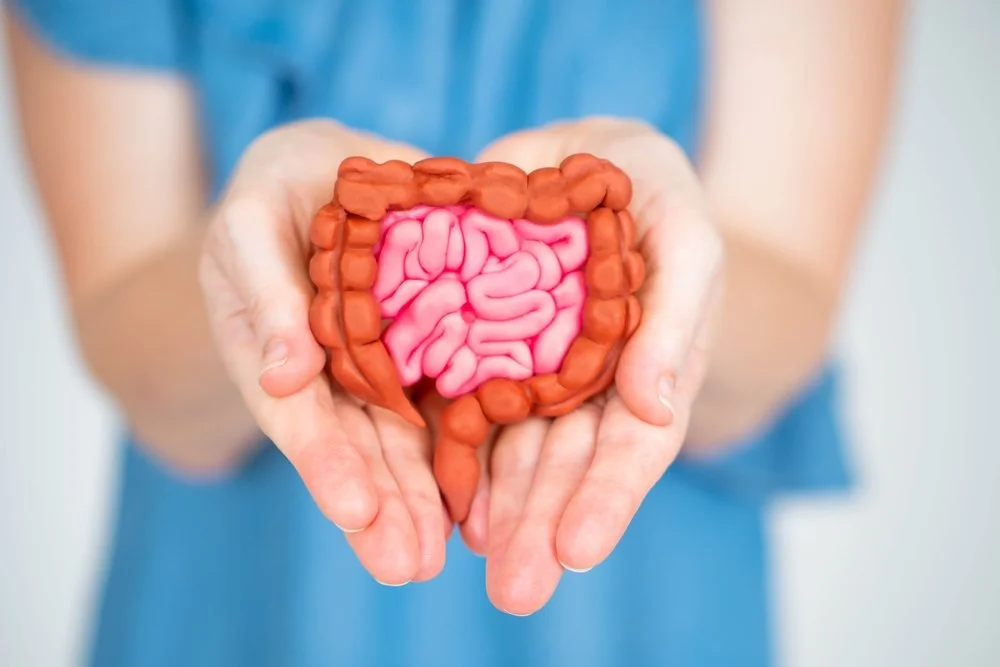In the grand symphony of human health and wellness, the gut plays a leading role, much like the conductor of an orchestra. Its impact is far-reaching, influencing not only our physical health but also our mental and emotional well-being. From the food we consume to the thoughts we generate, everything is interconnected. In this blog, we'll explore the pivotal role of gut health, particularly its influence on neurochemicals, decision-making abilities, intuition, and emotional systems. We'll also delve into top practices to enhance and support a thriving gut.
The Gut-Brain Connection
The gut and the brain are in constant communication through a complex network of nerves, hormones, and biochemicals. This connection is often referred to as the "gut-brain axis." The gut is sometimes even called the "second brain" due to the vast number of neurons it contains—about 100 million, comparable to the number in the spinal cord.
The gut produces a significant portion of the body's serotonin, a neurotransmitter associated with feelings of happiness and well-being. This production of neurochemicals like serotonin and dopamine in the gut influences our mood, emotions, and overall mental state. When the gut is in a state of imbalance or distress, it can adversely affect our brain function, leading to mood swings, anxiety, depression, or even more severe neurological issues.
Gut Health and Decision Making
Our gut health impacts not only our emotional state but also our cognitive function and decision-making abilities. Research suggests that a healthy gut can enhance cognitive flexibility, which is crucial for adaptability and making sound decisions. On the contrary, an imbalanced gut, often due to a poor diet or chronic stress, can impair cognitive function, hindering our ability to think clearly and make optimal choices.
Intuition and the Gut Feeling
Have you ever experienced a "gut feeling" or a "butterfly in your stomach" in certain situations? These are not just clichés—there's scientific reasoning behind them. The gut has a remarkable ability to sense and react to the environment, and these signals can influence our intuitive responses.
Recent studies have shown that the gut communicates with the brain through the vagus nerve, providing signals that can influence intuitive decision-making processes. This further emphasizes the importance of a healthy gut in enhancing our intuitive abilities.
Emotional Harmony and Gut Health
The gut is also intimately connected to our emotional system. Emotional well-being is closely tied to gut health, with research suggesting that a balanced gut microbiome can positively impact our emotional responses and help in managing stress and anxiety.
Stress directly affects the gut, often resulting in gastrointestinal discomfort. Conversely, a distressed gut can send signals to the brain that exacerbate stress and emotional imbalances. Hence, maintaining a healthy gut is paramount for emotional stability and resilience.
Practices to Enhance Gut Health
1. Balanced Diet:
Consume a diet rich in fiber, fruits, vegetables, and whole grains. These provide essential nutrients for a healthy gut.
2. Probiotics and Fermented Foods:
Incorporate probiotics and fermented foods like yogurt, kimchi, and kefir to support a diverse and beneficial gut microbiome.
3. Regular Exercise:
Engage in regular physical activity to promote overall health, including gut health. Exercise can help maintain a healthy gut microbiota.
4. Stress Management:
Practice stress-reducing techniques such as mindfulness, yoga, deep breathing, or meditation to mitigate the adverse effects of stress on the gut.
5. Adequate Hydration:
Drink sufficient water throughout the day to ensure optimal digestion and maintain gut health.
6. Adequate Sleep:
Prioritize sufficient and quality sleep to allow your body and gut to rejuvenate and function optimally.
Caring for our gut is fundamental to our overall well-being, impacting not only our digestive system but also our neurological health, emotional balance, intuition, and decision-making capabilities. Embracing a holistic approach by nurturing our gut through a balanced diet, regular exercise, stress management, and adequate rest can empower us to lead healthier, more fulfilling lives. Let's recognize the symbiotic relationship between our gut and our entire being and prioritize its health for a prosperous and joyful existence.
